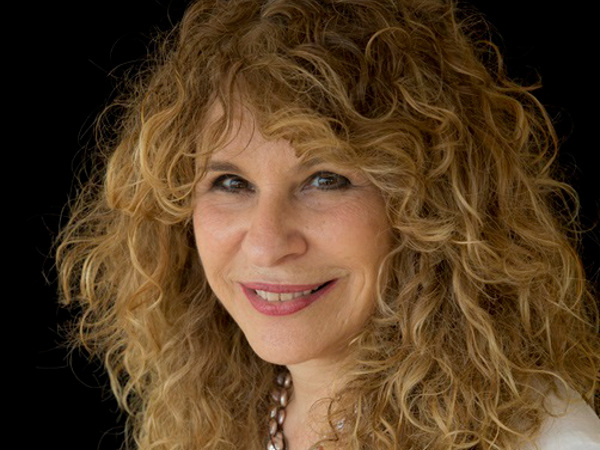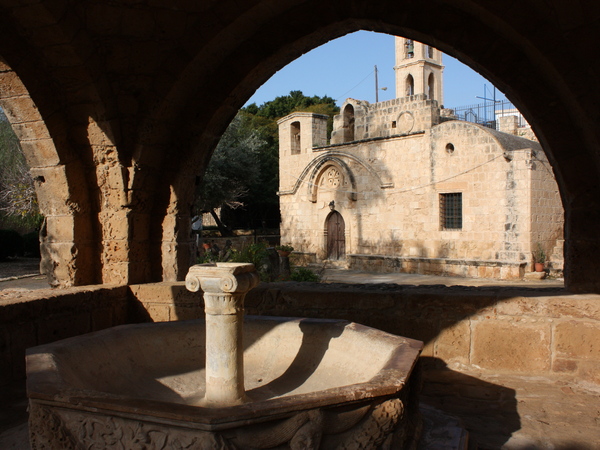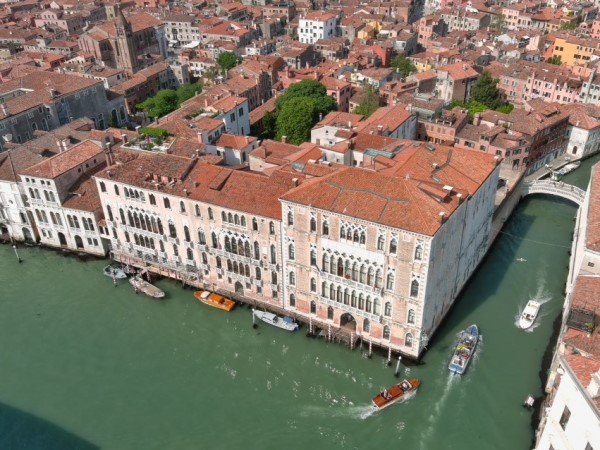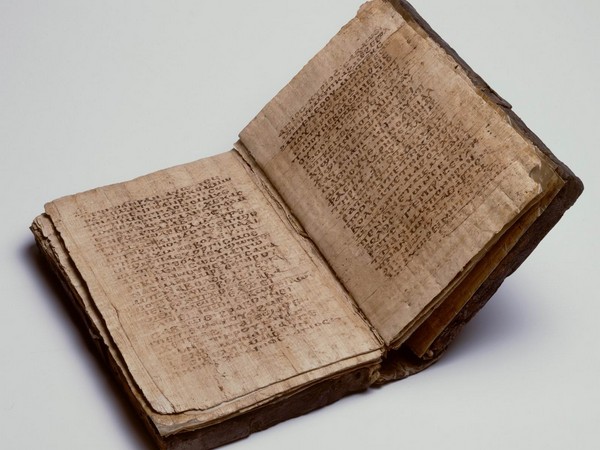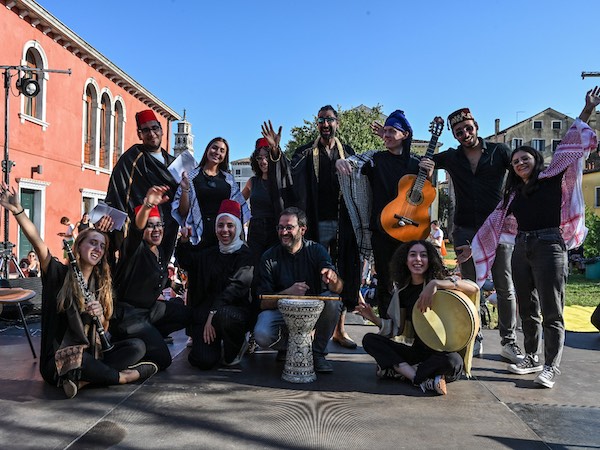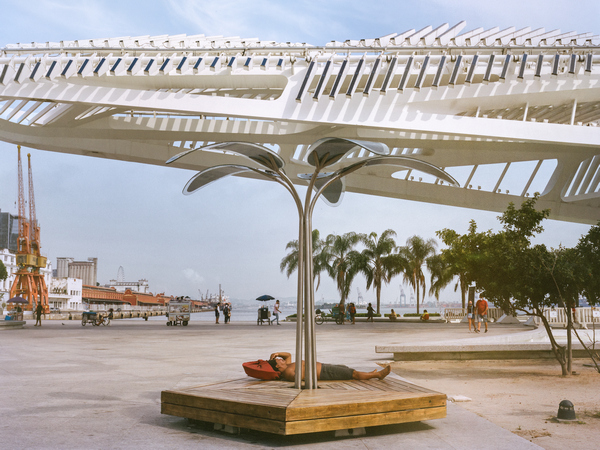Picture by Daniel Mordzinsky
For the occasion of the 8th March, we are publishing one of Gioconda Belli’s poems, Nicaraguan writer and revolutionary that has made female emancipation in the central theme in her work. The poet will be in Venice on the 6th April as a guest to the festival, ‘Incroci di civiltà’.
Gioconda Belli will be one of the authors invited to the literature festival Incroci di civiltà (4th-7th April), on Friday April 6th at 11.30am in the Santa Margherita Auditorium. This year’s Master’s Degree programme in American Hispanic Literature has a particular focus on her work; led by Professor Susanna Regazzoni who has been interested in women’s writing for years.
Gioconda Belli is a romance writer born in Managua, in Nicaragua in 1948, to a bourgeoisie family of Italian origin. After having first studied in Spain, she went to the United States, where she graduated with a Journalism degree in Philadelphia. In 1966 she returned to Nicaragua for a job in advertising. In 1970, together with other intellectuals, she became associated with the Sandinista National Liberation Front, the revolutionary group which fought against Anastasio Somoza Debayle’s authoritarian regime, and she later became a figure in international relations.
In this period, she began to write and publish poetry, and published the collection ‘Sobre la Grama’ in 1972.
After escaping the repressive dictatorship of her country, she took refuge in Mexico, where she wrote the collection of poems ‘Linea de fuego’ that won the Cuban Casa de Las Américanas prize in 1978. She then went to Costa Rica to organise a refugee network for survivors of the violence of the Somoza regime.
She gained international success with her first novel, ‘La mujer habitada’, published in 1989 and translated in several European and North American countries. The book, partly autobiographical, recounts her revolutionary years. Throughout the text, legend and reality blend harmoniously through the story of two women, who lived in different eras, and whose lives magically crossover for love and for guerilla warfare: an indigenous woman who fought against the conquistadores and a modern woman who lives under a ferocious Central American dictator.
On July 20th 1979, after the victory of the Sandinista Revolution, she was able to return to Managua where she was entrusted with managing the state television.
Her first novel was followed up by another three: Sofía de los presagios in 1990, Waslala in 1996, and finally, El país bajo mi piel in 2001, full autobiographical account of the Sandinista fight. And last but not least: El pergamino de la seducción in 2005, a story depicting the life of Giovanna la Pazza.
From 1990, Gioconda Belli lived in Santa Monica in California and continued as a full-time writer, although she she often returned to her homeland.
All of her stories tell the long story of the emancipation of women within a patriarchal catholic community. Recurring themes in her books include: political change in her country and the Sandinista struggle; feminism and the emancipation of women; the relationship between pre-Columbian America and present-day South America; and a certain level of mysticism. She is also the author of several poetry collections, characterised by a sensual and feminist poetics that spark interest from start to finish. She has stated on several occasions: “My poetry continues to be a manifestation of the body and takes shape when my soul returns to its roots.”
Her work is a response to the traditional feminine image within society in which the poet was born, the writer herself confesses, “I’m not the rebel I was in my youth. In fact, quite the opposite. Nobody could predict that my parents’ little angel, the sweet and polite girl in my baby photos, would become a revolutionary woman who would rob them of their sleep. [...] I have been two women and I have lived two lives. One of the two woman wanted to do everything expected of a woman in society: marry, have children, bring up a family, be submissive and eager to please. The other aspired all the masculine privileges: independence, being seen as you are, having a public life, having the opportunity to move around, to love. I spent most of my life trying to be a balance of both of these women, uniting their strengths, so as to not be torn apart by their battles with bites and scratches. I think I finally managed to be both women existing within the same body. Without giving up feeling like a woman, I managed to be a man too.”
In her work, Gioconda Belli presents the modern woman who through a difficult and painful path of emancipation, manages to overcome the traditional feminine role, putting the debate about relationship between men and women in the limelight. Additionally, the writer takes ancient teachings of pre-hispanic cultures and emphasises the relationship between women and nature, an element that relates to the revolutionary struggle for the defence of the land and the centuries-old conflict for the reform of the land and the indigenous communities.
CONSEJOS PARA LA MUJER FUERTE
Si eres una mujer fuerte
protégete de las alimañas que querrán
almorzar tu corazón.
Ellas usan todos los disfraces de los carnavales de la tierra:
se visten como culpas, como oportunidades, como precios que hay que pagar.
Te hurgan el alma; meten el barreno de sus miradas o sus llantos
hasta lo más profundo del magma de tu esencia
no para alumbrarse con tu fuego
sino para apagar la pasión
la erudición de tus fantasías.
Si eres una mujer fuerte
tienes que saber que el aire que te nutre
acarrea también parásitos, moscardones,
menudos insectos que buscarán alojarse en tu sangre
y nutrirse de cuanto es sólido y grande en ti.
No pierdas la compasión, pero témele a cuanto conduzca
a negarte la palabra, a esconder quién eres,
lo que te obligue a ablandarte
y te prometa un reino terrestre a cambio
de la sonrisa complaciente.
Si eres una mujer fuerte
prepárate para la batalla:
aprende a estar sola
a dormir en la más absoluta oscuridad sin miedo
a que nadie te tire sogas cuando ruja la tormenta
a nadar contra corriente.
Entrénate en los oficios de la reflexión y el intelecto
Lee, hazte el amor a ti misma, construye tu castillo
rodealo de fosos profundos
pero hazle anchas puertas y ventanas
Es menester que cultives enormes amistades
que quienes te rodean y quieran sepan lo que eres
que te hagas un círculo de hogueras y enciendas en el centro de tu habitación
una estufa siempre ardiente donde se mantenga el hervor de tus sueños.
Si eres una mujer fuerte
protégete con palabras y árboles
e invoca la memoria de mujeres antiguas.
Haz de saber que eres un campo magnético
hacia el que viajarán aullando los clavos herrumbados
y el oxido mortal de todos los naufragios.
Ampara, pero ampárate primero
Guarda las distancias
Constrúyete. Cuidate
Atesora tu poder
Defiéndelo
Hazlo por ti
Te lo pido en nombre de todas nosotras.
Los comentarios están cerrados.





